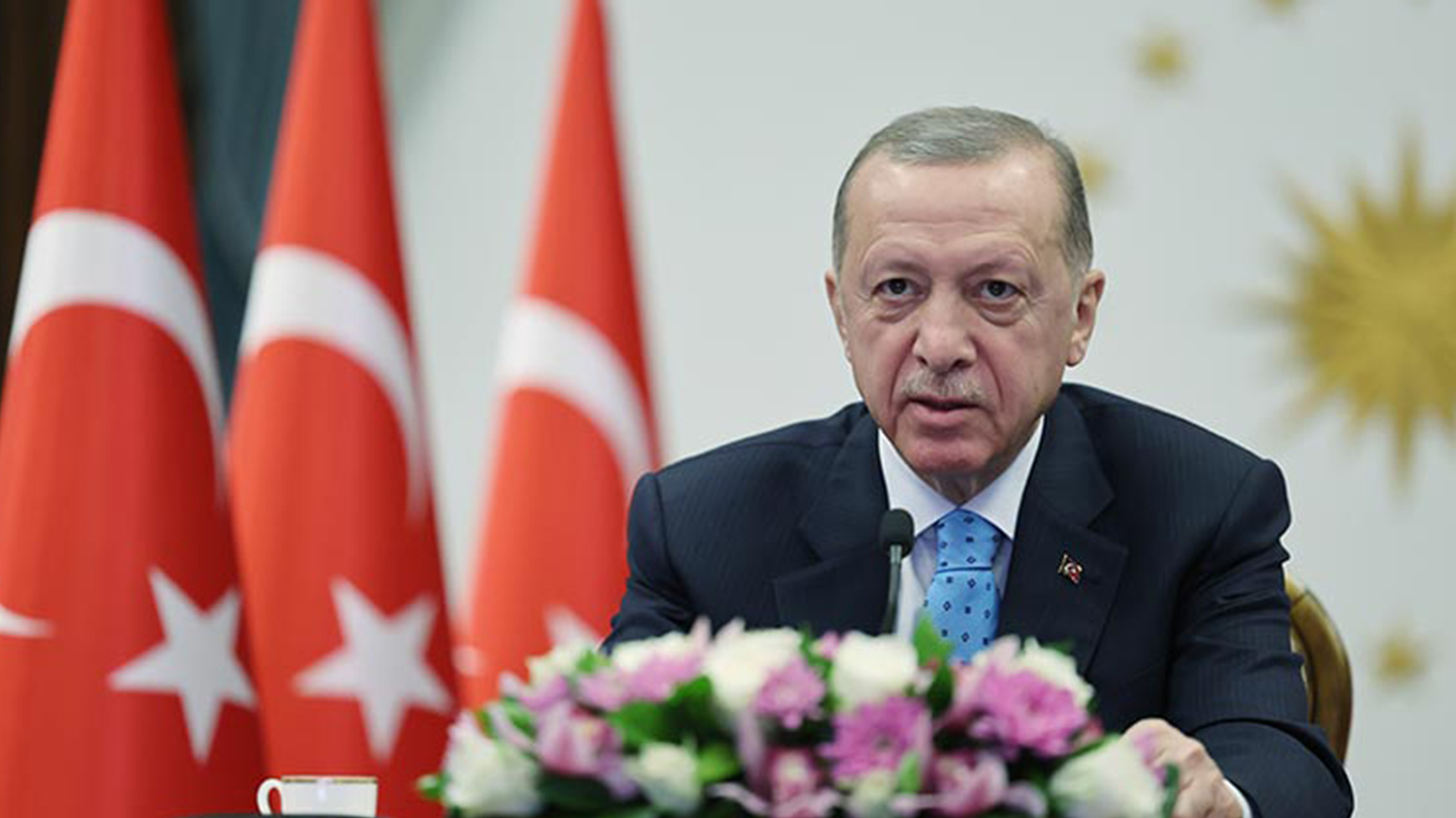President Erdogan’s visit to Iraq postponed
An Iraqi Foreign Ministry source earlier stated that tensions between Baghdad and Ankara delayed Erdogan's August visit to Baghdad.

ERBIL (Kurdistan 24) – Turkish President Recep Tayyip Erdogan's visit to Iraq has been postponed, according to an Iraqi government source.
The source stated that the delay was caused by Turkey's desire to discuss only the PKK issue and trade between the two countries, whereas the Iraqi government is seeking to address the issues of resumption of Kurdistan Region oil exports through Ceyhan port and water issues with Turkey.
Meanwhile, according to the US-based newspaper The Cradle, Erdogan's visit to Iraq is postponed due to stalled oil exports from the Kurdistan Region through the Ceyhan port.
Moreover, the newspaper explained that in the absence of significant progress in the energy talks between Baghdad and Ankara, Erdogan's visit may take place in late October.
An Iraqi Foreign Ministry source earlier stated that tensions between Baghdad and Ankara delayed Erdogan's August visit to Baghdad.
In March, Baghdad requested Ankara to halt Kurdish oil exports, after the Iraqi government claimed victory against Turkey at an international arbitration court in Paris.
Turkey has been ordered to pay Iraq $1.5bn for damages while another case against Ankara is pending, per the court's ruling.
Furthermore, Turkey's Foreign Minister Hakan Fidan on Aug. 22, visited Iraq and met with top Iraqi and Kurdistan Region officials.
Read More: Iraqi FM, Turkish FM discuss bilateral ties
On March 21, the Iraqi Premier visited Turkey and met with the Turkish President in Ankara, where they discussed the water crisis.
Read More: Iraqi Premier, Turkish President address water crisis
Turkey and Iraq enjoy lucrative economic ties. It was reported that in the year 2022, the two countries traded $15 billion in goods, an overwhelming part of which is transported through the Ibrahim Khalil (Habur) border near the Zakho independent administration of the Kurdistan Region.